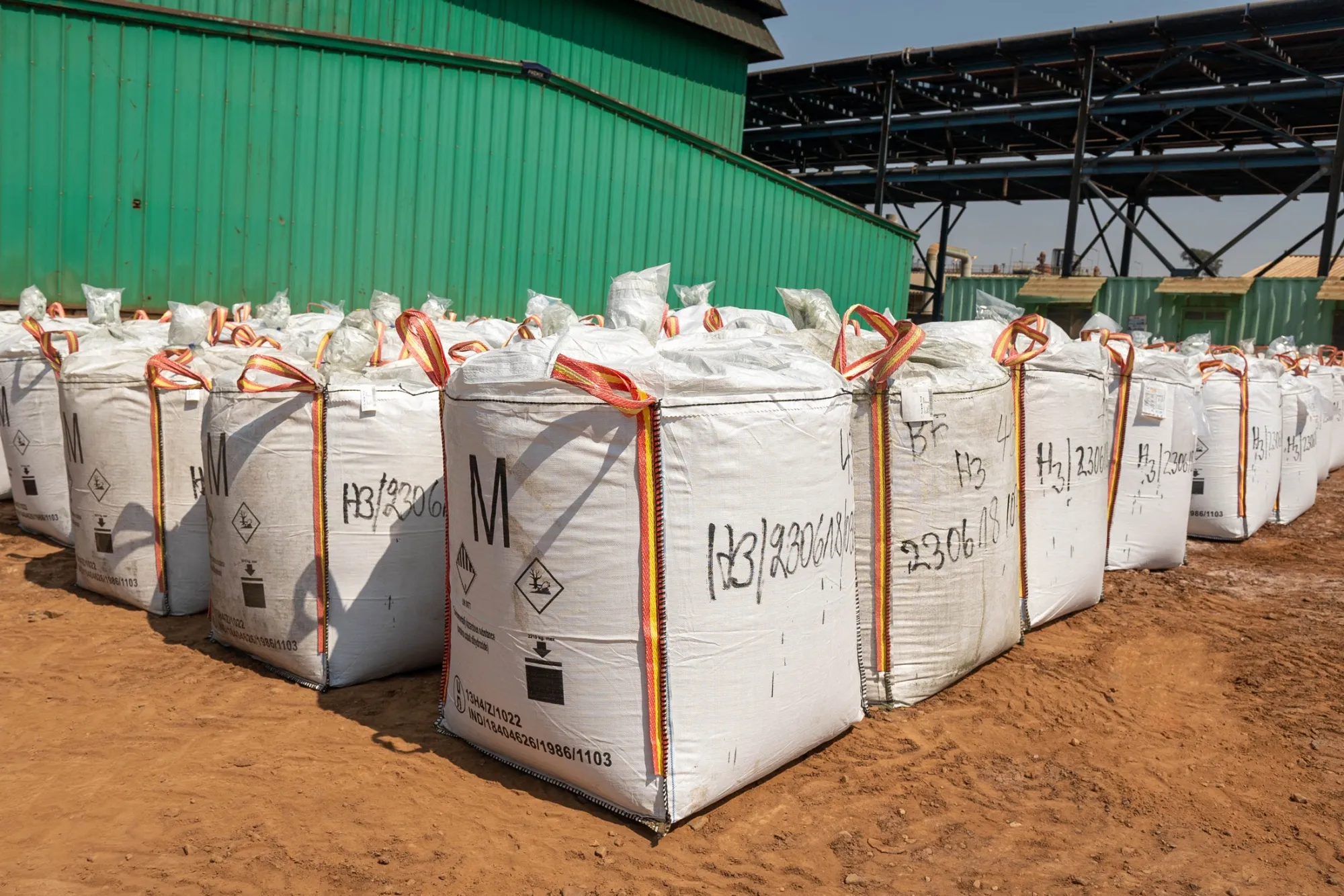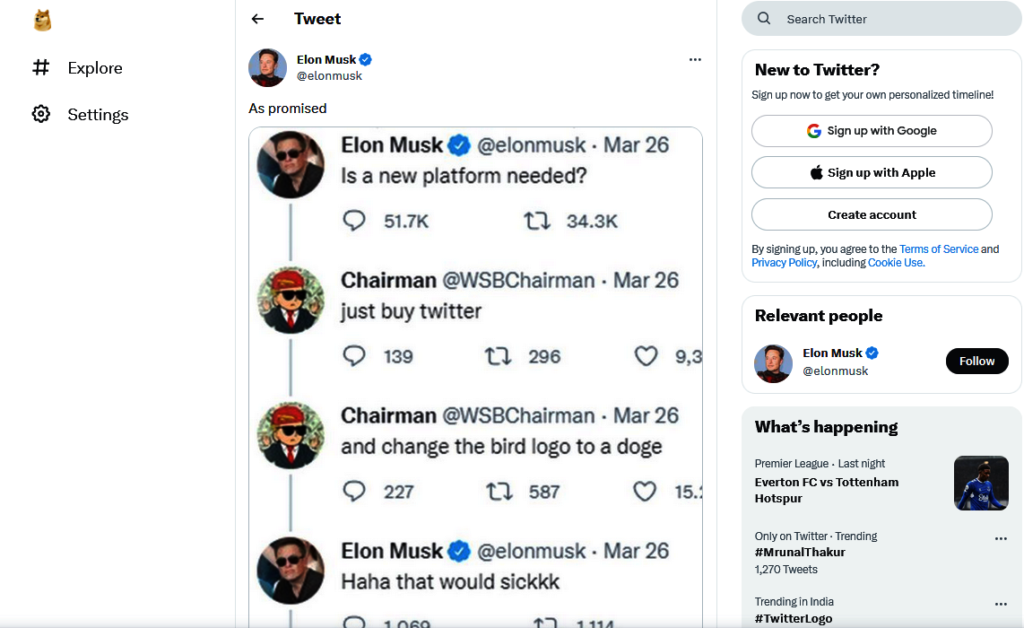Impact Of Congo's Cobalt Export Halt: Expectations For The New Quota System And Market Recovery

Table of Contents
The DRC's Cobalt Dominance and Global Supply Chain Disruptions
The DRC is undeniably the world's leading cobalt producer, accounting for a substantial percentage of global cobalt reserves and production. This dominance makes the country's cobalt industry crucial for various sectors, particularly the burgeoning electric vehicle (EV) manufacturing industry. EV batteries, a key component in the transition to sustainable transportation, are heavily reliant on cobalt for their energy storage capabilities.
- Global Dependence: The world's dependence on Congolese cobalt creates a vulnerable supply chain. Any disruption in the DRC's cobalt production directly impacts the availability of this crucial material globally.
- Supply Chain Bottlenecks: The recent export halt highlighted the existing vulnerabilities in the global cobalt supply chain. This led to immediate price increases and concerns about potential shortages for manufacturers.
- Impact on EV Production: The halt's impact on EV production is a major concern. The reduced availability of cobalt could potentially slow down the production of electric vehicles, hindering the transition to cleaner transportation.
- Cobalt Supply Chain Diversification: The current situation underscores the urgent need for diversification in the cobalt supply chain, reducing reliance on a single source country.
The disruption caused by Congo's cobalt export halt emphasizes the need for a more resilient and transparent supply chain. The impact of the DRC cobalt mining industry on global markets is undeniable.
Analyzing the Reasons Behind the Export Halt
The DRC's decision to halt cobalt exports stemmed from a confluence of factors, each contributing to the complexities of the situation.
- Government Regulations: New or stricter government regulations aimed at improving environmental protection and controlling the industry could have played a significant role.
- Environmental Concerns: The environmental impact of cobalt mining, particularly artisanal mining, has been a growing concern. Environmental regulations and sustainable mining practices are key to responsible cobalt production.
- Internal Political Issues: Political instability and internal conflicts within the DRC can disrupt mining operations and affect the flow of exports.
- Artisanal Cobalt Mining: A significant portion of Congolese cobalt comes from artisanal miners, who often operate with minimal oversight and environmental protections. This unregulated aspect adds further challenges to controlling and managing cobalt exports.
Understanding these contributing factors is essential for assessing the long-term implications of the export halt and for developing strategies to improve the sustainability and stability of the cobalt supply chain. The complexities of DRC mining regulations and the role of artisanal cobalt mining require careful consideration.
The New Quota System: Expectations and Challenges
In response to the export halt, the DRC government introduced a new quota system aimed at regulating cobalt exports and improving the industry's transparency.
- Quota Allocation: The specifics of the quota system, including how quotas are allocated and monitored, need further clarification to assess its effectiveness.
- Increased Transparency: The new system presents an opportunity to enhance transparency and traceability within the cobalt supply chain. This could help combat illicit activities and promote responsible sourcing.
- Market Stability: The success of the quota system will depend on its ability to stabilize cobalt prices and prevent future disruptions. However, the implementation may initially lead to further short-term volatility.
- Challenges in Implementation: Effective implementation of the quota system will face challenges, including enforcement and monitoring of artisanal mining activities.
The effectiveness of the DRC cobalt quota system will be crucial for ensuring a stable supply of cobalt and enhancing the traceability of cobalt in the supply chain.
Market Recovery Prospects and Price Volatility
The export halt and the subsequent implementation of the quota system have created significant price volatility in the cobalt market.
- Short-Term Volatility: The immediate impact was a sharp increase in cobalt prices, causing significant uncertainty for manufacturers relying on cobalt for their products.
- Long-Term Outlook: The long-term impact depends heavily on the success of the new quota system in stabilizing production and exports.
- Price Prediction Challenges: Predicting cobalt prices accurately remains difficult due to various interconnected factors, including political instability and supply chain disruptions.
- Risk Mitigation Strategies: Companies can mitigate risks through strategic sourcing, diversification of suppliers, and hedging strategies to protect themselves against price fluctuations.
The cobalt price forecast will largely depend on the stability and success of the new quota system implemented by the Congolese government. Effective risk mitigation in cobalt supply is crucial for industry players.
Conclusion: Navigating the Future of Congo's Cobalt Exports
Congo's cobalt export halt serves as a stark reminder of the critical dependence on the DRC for this vital mineral and the inherent risks in a concentrated supply chain. The newly implemented quota system holds both promise and challenges. While it aims to bring greater transparency and stability to the market, its success will depend on effective implementation and enforcement. The future of Congo's cobalt exports, and the global cobalt market as a whole, hinges on a concerted effort to promote sustainable mining practices, improve governance, and enhance transparency across the entire supply chain. Stay updated on the latest developments regarding Congo's cobalt export halt and the ongoing efforts towards market recovery and sustainable cobalt sourcing.

Featured Posts
-
 Padres Winning Ways Overcoming Tatis Jr S Slump
May 16, 2025
Padres Winning Ways Overcoming Tatis Jr S Slump
May 16, 2025 -
 Paddy Pimbletts Impressive Win Adesanyas High Praise And Upcoming Chandler Bout
May 16, 2025
Paddy Pimbletts Impressive Win Adesanyas High Praise And Upcoming Chandler Bout
May 16, 2025 -
 The Impact Of Elon Musks Twitter Name Change On Gork Meme Coin Price
May 16, 2025
The Impact Of Elon Musks Twitter Name Change On Gork Meme Coin Price
May 16, 2025 -
 Millions Made From Executive Office365 Account Hacks Federal Investigation
May 16, 2025
Millions Made From Executive Office365 Account Hacks Federal Investigation
May 16, 2025 -
 San Diego Padres Vs New York Yankees 7 Game Win Streak Prediction
May 16, 2025
San Diego Padres Vs New York Yankees 7 Game Win Streak Prediction
May 16, 2025
